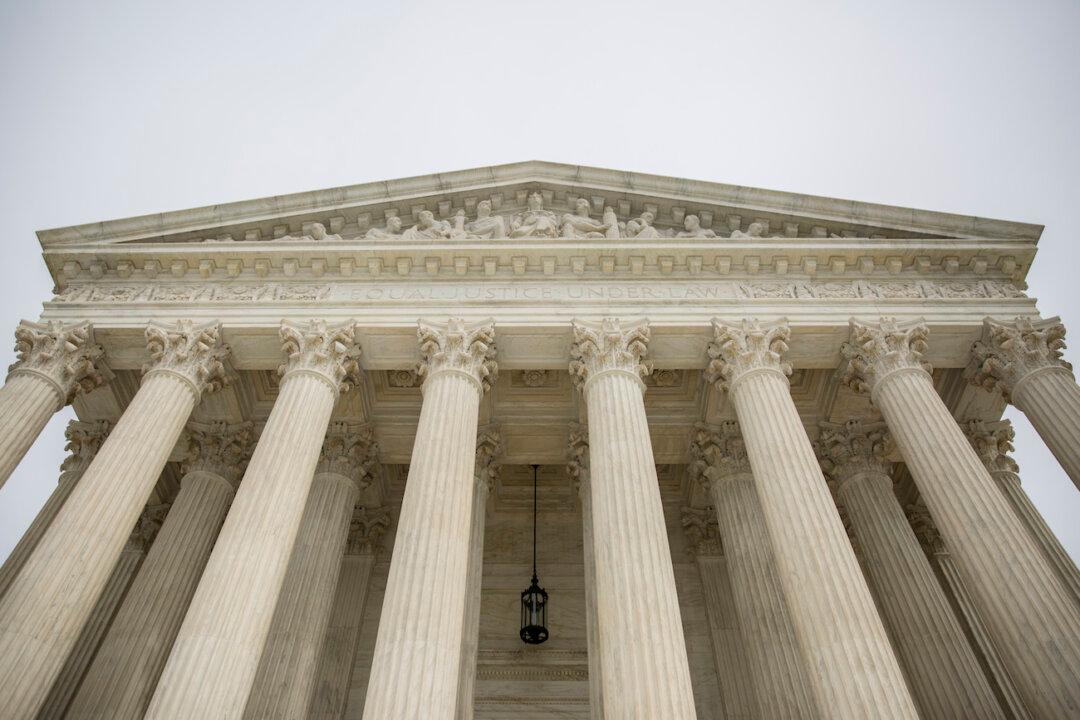The U.S. Supreme Court on Friday rejected an emergency request by health care workers seeking a religious exemption to the state of Maine’s COVID-19 vaccine mandate.
The court’s decision not to grant the immediate relief for the health care workers until it decides to review the case, means the state’s COVID-19 vaccine mandate will take effect while litigation continues in lower courts.




